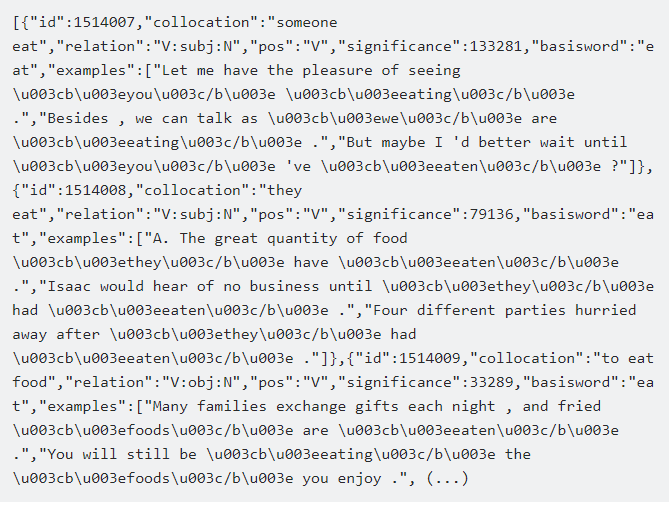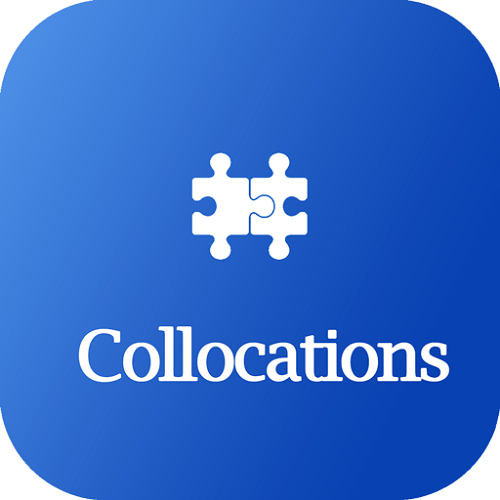Having a linguistic sidekick can make all the difference in the ever-changing digital landscape, where words reign supreme. Consider an API that not only identifies words but also goes deeper into the complexities of language, giving you a comprehensive arsenal for linguistic inquiry. Enter the Multilingual Dictionary API, your handy word-processing friend. In this thorough guide, we’ll delve into the world of APIs, examining their importance, workings, standards for evaluation, and ultimately, how to pick the best one for your requirements.
This Multilingual Dictionary API turns into a priceless learning resource for anyone who is trying to learn new languages. Along with word definitions, it also offers pronunciation advice to help learners hone their speech sounds.
What A Multilingual Dictionary API Means
The Multilingual Dictionary API has emerged as the unsung hero of the digital world in an era where fast access to knowledge is the standard. They open doors to a variety of linguistic information and provide much more than just word definitions. These APIs offer a dynamic connection to a vocabulary that is always changing, guaranteeing that your applications are up to speed with the most recent linguistic developments.
Traditional dictionaries are stagnant and have a small range of terms, although being trustworthy in their own right. On the other hand, APIs are flexible and dynamic. They can instantly retrieve word definitions, examples, synonyms, antonyms, and more. They are essential for current applications because of their dynamic nature.
A massive database of lexical data can be accessed through this dynamic digital interface, or API. These APIs are useful tools for both developers and language enthusiasts since, unlike static printed dictionaries, they offer real-time data and several layers of linguistic insights.
Dictionary Plus API
The API allows users to look up a word in a dictionary and retrieve a list of collocations, or words commonly found in conjunction with the specified word. This feature is useful for language learners and writers looking to expand their vocabulary and improve their language skills. This API’s adaptability is what makes it so beautiful. It can improve a wide range of practical applications and is not restricted to any particular field.
Additionally, users can look up a word in a dictionary and obtain a list of collocations—phrases that are commonly used with the supplied term—by using this API. This is an illustration of the response you will get from this API after making an API call:

You must first sign up on the website in order to access this API. Click the “START FREE TRIAL” button to get started. Finally, you can start placing API calls. A JSON file containing the necessary information will be provided to you after your inputs have been processed.
Students learning a new language can use the API to find collocations and get a better understanding of how words are used in context. Writers can also use the API to find collocations and expand their vocabulary, leading to more engaging and varied writing.
It works for researchers and developers that work on text analysis projects because the API will allow them to find collocations and identify patterns in large volumes of text.



